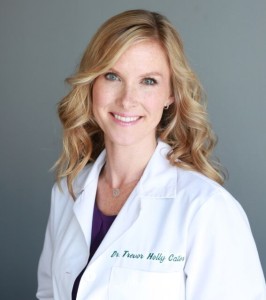
Creating A Healthy Gut For Beautiful Skin – Dr. Trevor Cates – #391
Timestamps
0:00 – Air Oasis
1:35 – Cool fact of the day!
2:00 – Dropi from Daria Imports
3:30 – Bulletproof CollaGelatin
4:30 – Health IQ
5:50 – Leave Bulletproof Radio a review on iTunes!
6:10 – Welcome Dr. Trevor Cates
7:00 – Acne
18:00 – Melanin
20:00 – Clean Skin from Within
22:00 – What should women and men do for skin health?
30:00 – Formaldehyde and hormone disrupting chemicals
33:00 – Lavender essential oil
37:00 – What’s up with dry skin?
39:00 – Thyroid problems with skin
42:00 – Dark circles under eyes
45:30 – Wrinkles
52:00 – Top three tips for performing better at life
Featured
Bulletproof
Subscribe To The Human Upgrade
In this Episode of The Human Upgrade™...
BOOKS
4X NEW YORK TIMES
BEST-SELLING SCIENCE AUTHOR
Smarter
Not Harder
Smarter Not Harder: The Biohacker’s Guide to Getting the Body and Mind You Want is about helping you to become the best version of yourself by embracing laziness while increasing your energy and optimizing your biology.








